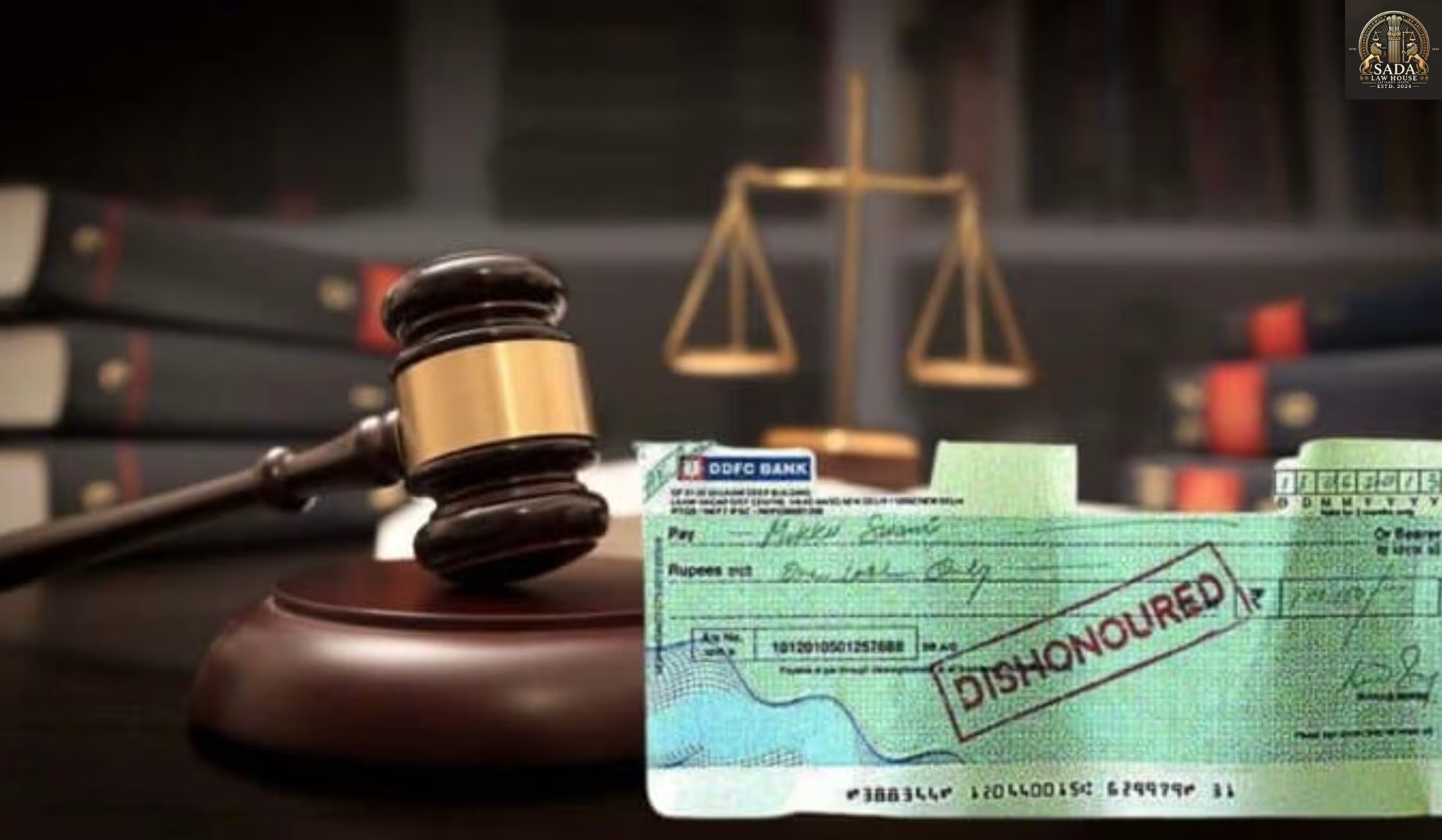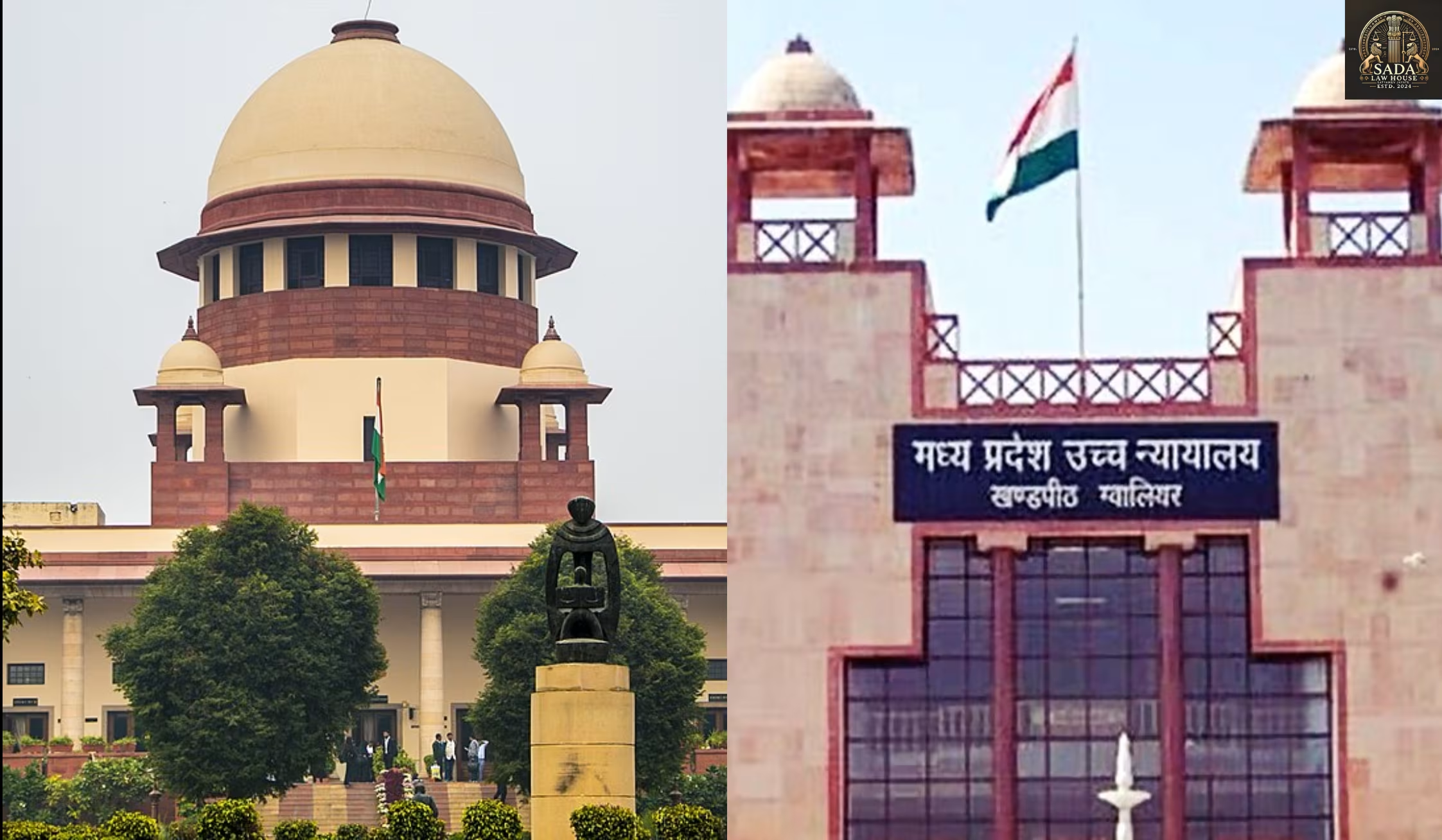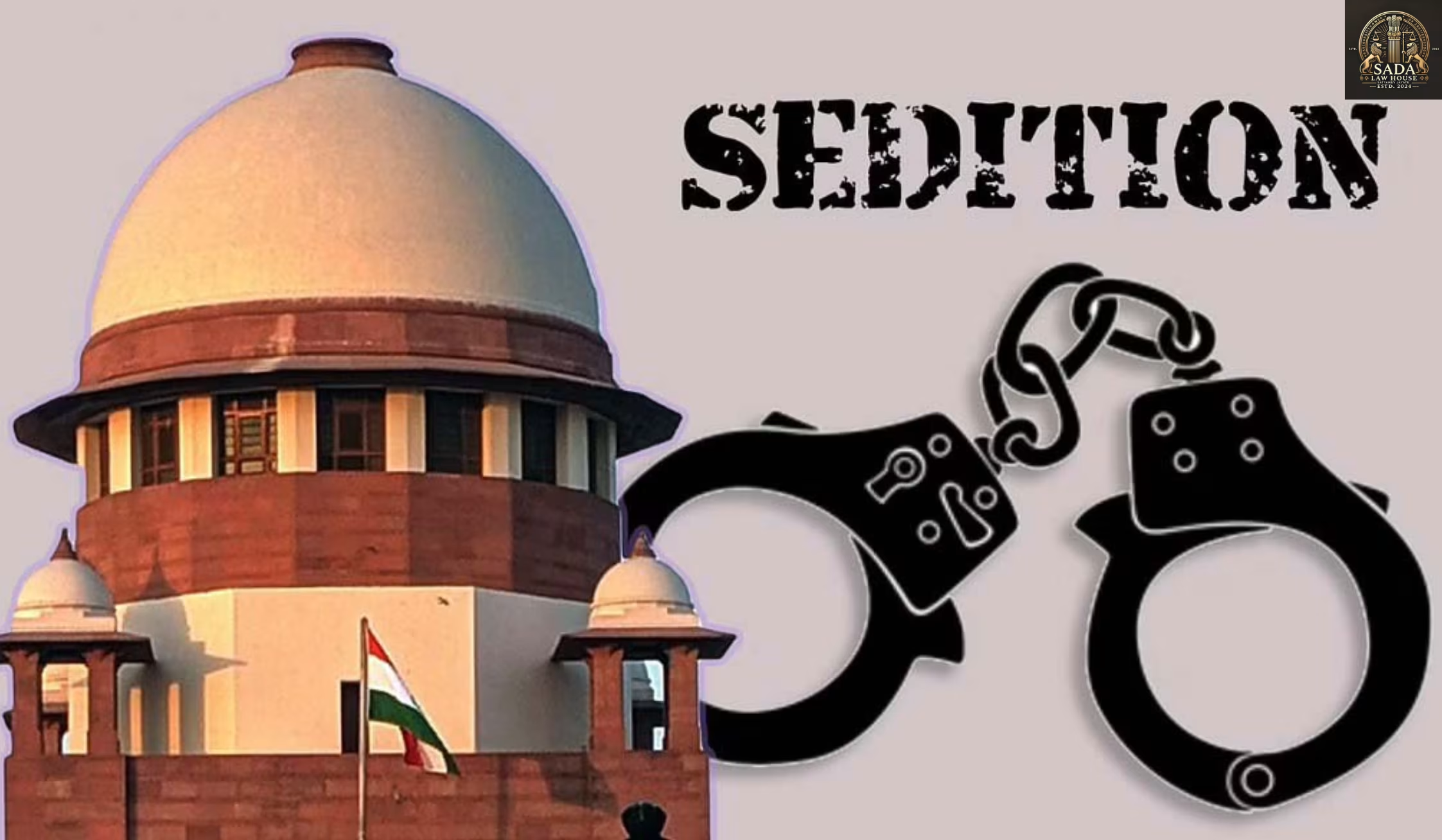Supreme Court Explores Whether Privacy Should Be a Civic Duty in India
- Kashish Jahan
- 10 JULY 2025

The Delhi High Court is taking urgent steps to combat deepfake abuse on social media, calling on tech platforms and the government to tighten AI regulations and protect victims. Learn how this could shape India’s digital laws.
Introduction: Deepfakes Trigger Judicial Alarm
In a major move to address the rising deepfake crisis, the Delhi High Court has intervened to hold both the Indian government and tech giants accountable. The Court is currently hearing petitions filed by multiple victims—mostly women—whose lives have been upended by AI-generated deepfake videos and morphed images.
These videos, often circulated millions of times on social media, depict victims in compromising scenarios they were never involved in, leaving them with severe reputational harm and little legal recourse.
Justice Pratibha Singh: Tech Platforms Cannot Escape Accountability
During a recent hearing, Justice Pratibha Singh issued a strong warning to platforms like Meta (formerly Facebook) and X (formerly Twitter), stating that the era of hiding behind “platform neutrality” is over.
The bench observed:
“When artificial intelligence is used to create disturbingly real fake content, platforms and the government must act decisively to protect citizens.”
India’s IT Rules Are Outdated in the AI Age
The Court noted that the current Information Technology Rules, last updated in 2021, are inadequate to tackle the speed, scale, and sophistication of AI-powered deepfakes.
Although these rules require platforms to remove content once flagged, they lack provisions for:
Rapid detection of deepfakes
Efficient grievance redressal
Clear accountability mechanisms
Government Ordered to Respond: Next Steps in Regulation
The Ministry of Electronics and Information Technology (MeitY) has been directed to submit a detailed affidavit by August 1, outlining a plan to curb deepfake content. The Court suggested several key areas for improvement:
Deployment of advanced AI detection tools
Faster takedown procedures
Penal action against non-compliant platforms
Real-Life Impact: Victims Face Harassment and Trauma
Lawyers representing the petitioners shared horrific accounts of how deepfakes are used to:
Blackmail and harass victims
Destroy personal reputations
Inflict lasting mental health trauma
Many victims, especially women and minors, have faced social exclusion, anxiety, and long-term psychological effects. The Court emphasized that privacy and dignity, protected under Article 21 of the Indian Constitution, must not remain theoretical rights.
Impact on Future Legislation: Toward a Safer Digital India
This case is poised to play a major role in shaping the upcoming Digital India Act, which will replace the outdated IT Act of 2000. Experts suggest that India could benefit from adopting deepfake-specific laws similar to those in the European Union or the United States.
The Court’s stance may encourage Parliament to create:
Targeted deepfake laws
Stricter compliance standards for tech companies
Robust safeguards for victims
Conclusion: Can India Lead the Fight Against Deepfakes?
With the next hearing scheduled in the coming weeks, all eyes are on how India will respond to the deepfake menace. This case could set a vital precedent for holding both content creators and platforms accountable—ensuring that emerging technologies are harnessed responsibly, not destructively.
Live Cases






